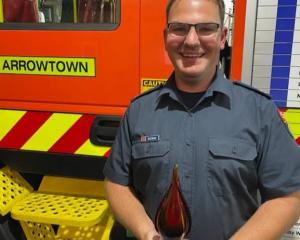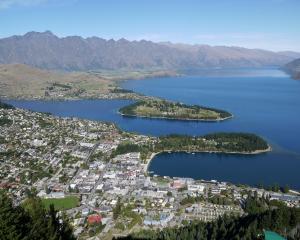The move will mean the agency now has three offices in Otago-Southland - in Dunedin, Invercargill and Queenstown - as well as six mobile testing units, allowing for 24/7 coverage of the region, including Wanaka, Alexandra and Cromwell.
The agency can conduct on-site workplace drug and alcohol testing, pre-employment drug testing and also offers advanced drug and alcohol manager and employee training programmes.
Agency Otago-Southland general manager John Galliven said last month it tested close to 700 people, averaging about 170 a week.
The opening of the Queenstown branch, which initially would be staffed by one person, would enable the agency to work more closely with its growing Southern Lakes client base, including tourism operators, he said.
"Having a permanent base in Queenstown means we can now more easily provide our clients with fully compliant, quick and cost-effective pre-employment and workplace drug and alcohol testing, services and training programmes."
The agency tests for amphetamines, benzodiazepines, cannabis, cocaine, methamphetamine, opiates and synthetic cannabinoids.
Mr Galliven said while the agency did not have any official figures on the use of synthetic cannabinoids in New Zealand, there was "strong anecdotal evidence" their use was on the rise.
"This means that some synthetic cannabis users will be going to work with the drug's effects still in their systems - and this can profoundly affect a person's judgement, particularly in safety-sensitive industries such as tourism.
"NZDDA can accurately test to detect these substances in its pre-employment and workplace drug testing.
"The test strips we use to detect synthetic cannabis metabolites have passed the stringent FDA (US Food and Drugs Administration) testing, as well as being independently verified by an accredited ... laboratory," he said.
Mr Galliven said all results were private and confidential and shared only with the person responsible within the company and the "donor".
Results were kept "under lock and key" for 10 years, as they were deemed to be medical records, he said.
The agency's chief executive, Chris Hilson, said employers had a responsibility to provide a safe workplace for employees, customers and passers-by.
"Having the ability to accurately detect for drug use in the workplace has got to be good for business and, ultimately, the New Zealand economy."












